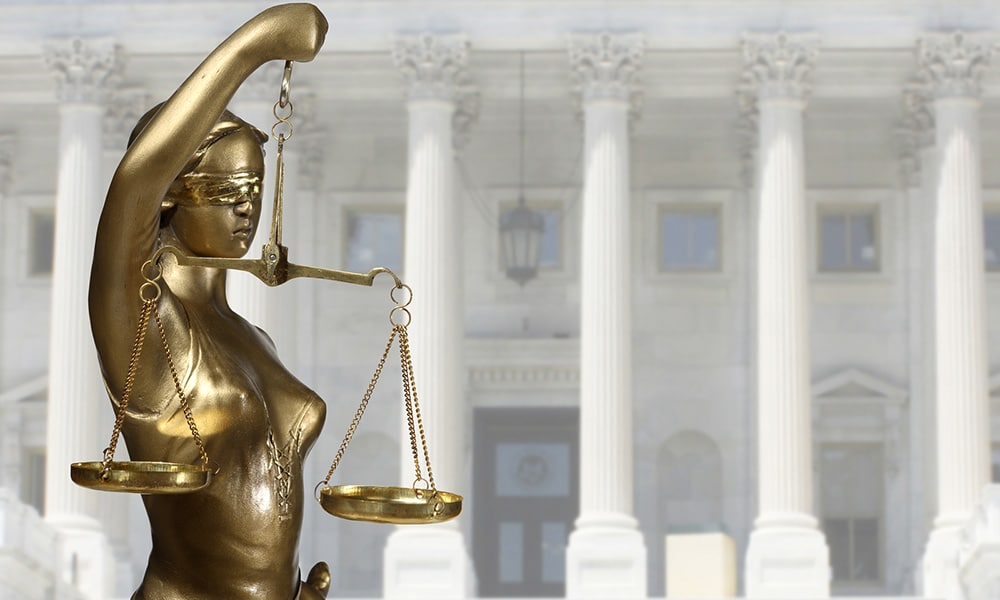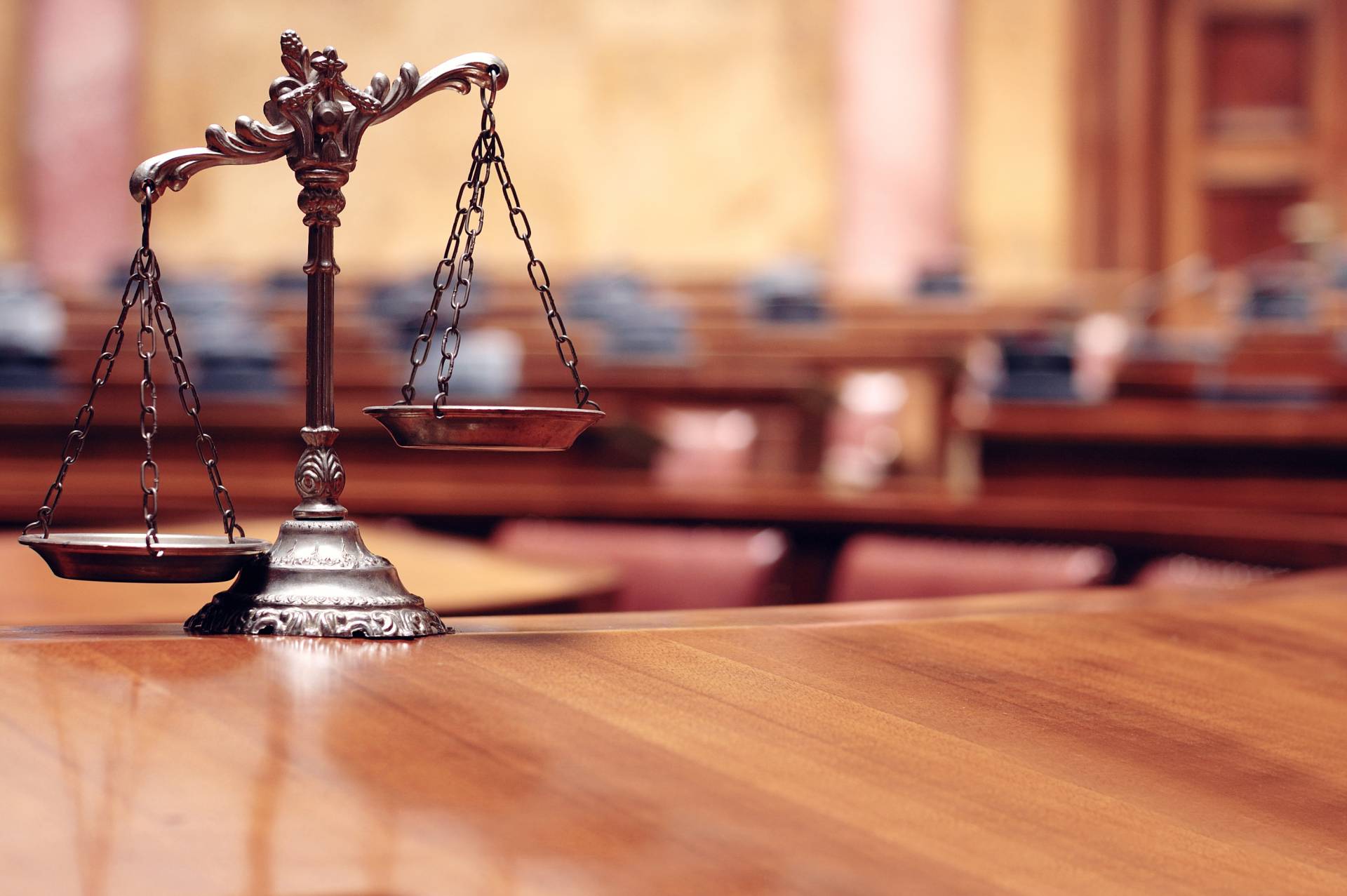In the 1960s, Chief Justice Earl Warren presided over a Supreme Court that established and defined a number of essential constitutional rights we take for granted today. Many decisions rendered by the Warren Court involved rights of the accused, including Mapp v. Ohio (1961), Gideon v. Wainwright (1963), and Miranda v. Arizona (1966). Warren Burger replaced Earl Warren in 1969 and the Burger Court, while less dynamic than the Warren Court, did not reverse the gains of the 1960s. A reversal began with the Rehnquist Court in the 1980s and continues into the 21st century with the Roberts Court, which rendered a chilling decision in April.
Navarette v. California has dark implications for the Fourth Amendment rights of anyone driving or riding in a motor vehicle on a public thoroughfare. At issue in Navarette was a traffic stop based on an anonymous call to 911 alleging that a pickup truck driver ran another driver off the road. On that allegation alone, police officers sighted a matching truck in the vicinity and pulled over the driver for suspicion of drunk driving. Officers subsequently discovered thirty pounds of marijuana hidden in the pickup. The caller had accurately described the truck and its location; that was sufficient for a majority of the justices to determine that the police had probable cause to make the traffic stop.
However, Navarette reverses several important rulings that have safeguarded Fourth Amendment rights for many years. In 2000, the Supreme Court ruled in Florida v. J.L. that an anonymous tip about a young man carrying a firearm was not sufficient to justify constitutionally a stop and search. In Alabama v. White (1990), the Court allowed a stop and search based on an anonymous tip because police corroborated that tip with their own investigation. Obviously, there was no corroboration in Navarette.
Reaction to the Decision
Associate Supreme Court Justice Antonin Scalia issued a blistering dissent to the majority opinion in Navarette v. California on April 22. A 5-to-4 Supreme Court majority held that the police had acted within constitutional boundaries. Writing for the majority, Associate Justice Clarence Thomas said that the tip phoned in to 911 (that the pickup’s driver ran another driver off the road) gave law enforcement officers sufficient probable cause to make the traffic stop. However, the arresting officer admitted that the suspect was not driving recklessly or driving while intoxicated and the anonymous tip was the only cause for the stop. Should this happen to you, and you’re arrested for DUI on the basis of an anonymous tip, get legal help promptly and speak to an experienced DUI defense attorney.
Justice Scalia joined Associate Justices Kagan, Sotomayor, and Breyer in a fervent dissenting opinion, arguing that a search based exclusively on a nameless tipster’s allegation is a dangerous violation of the Fourth Amendment’s safeguard against unreasonable searches and seizures. Scalia writes that the Navarette decision cracks open the door for law enforcement officers to increasingly rely on anonymous tips in a way that will threaten and slowly reduce constitutional liberties. Scalia further argues that anonymity is highly suspicious particularly in cases like Navarette; why would a victim report a criminal act without providing identification so that he or she can testify against the suspect? If you are falsely accused of DUI, a good criminal defense attorney may be able to have such a charge completely dismissed.
The Constitution does not allow searches without probable cause even in murder investigations; it doesn’t allow such searches in drunk driving investigations either. For all practical purposes, however, the Navarette ruling simply fudges the definition of “probable cause” to include any accusation made on a whim by anyone who wants to cause anonymous trouble. The decision could mean a significant increase in DUI stops and arrests. If you’re charged with a DUI because of an anonymous tip, or for any other cause, get the legal help you need right away from an experienced DUI defense attorney.
What Does This Mean For You?
Before this ruling, police in Denver were allowed to use anonymous tips, however only to form a reasonable suspicion. In fact, almost every state in the country has a REDDI (report every drunk driver investigation) system in place, where drivers can phone in and give information about someone they suspect is driving drunk. However, prior to this ruling, these reports were not considered to be sufficient evidence to actually pull someone over. Police had to observe behaviors that led them to believe that the tip was accurate, such as a driver swerving between lanes or failing to signal turns.
The Navarette has completely eliminated the need for police to witness behavior on their own, and instead allows them to rely entirely on an anonymous tip that was phoned in against another driver.
What the ruling means for Denver motorists is that if you have a neighbor who has a beef with you, all he has to do is report anonymously to 911 that you were driving recklessly or badly, leading police officers to be on your case even if you had not been driving recklessly at all. A bad breakup between a boyfriend and girlfriend could lead to a phone call, and then a traffic stop, all out of spite.
It now will take nothing more than a quick phone call to have you pulled over on the side of the road and embarrassed in front of drivers who are passing by as you are treated like a criminal due to an anonymous threat.
If you are pulled over for driving under the influence of alcohol, absolutely do not admit to drinking alcohol. You are also not required to subject to a roadside test. Refuse to take a roadside test, and take a blood-alcohol test once you have been arrested. It is in your best interest to contact Dan Murphy, an experienced and knowledgeable Denver criminal defense attorney, to defend your rights and achieve the best possible outcome for your case. The sooner that you have a lawyer on your side, the better the outcome may be.




